Although most of 2018’s greatest cinematic delights thus far are holdovers from the 2017 film festival circuit (which may be largely ignored or forgotten by the end of the year), it’s been a formidably enjoyable time at the art-house (even if this wasn’t exactly reflected in ticket sales). Nevertheless, here’s a glance at my personal favorite theatrical releases of the year, thus far.
#10. Annihilation
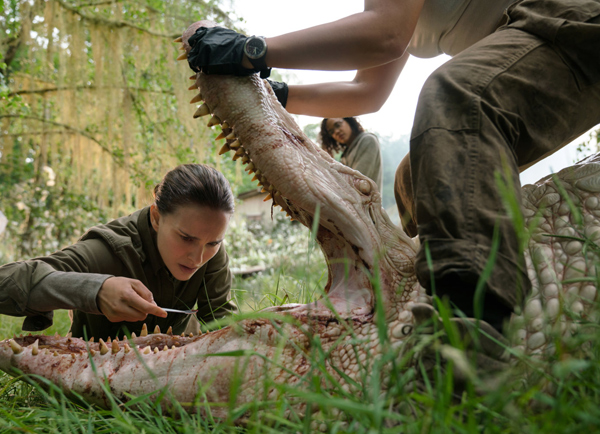
The only big budget, mainstream oriented extravaganza to make the list, Alex Garland’s contentious sophomore feature Annihilation is an intriguing, wonderfully femme-centric sci-fi potboiler which generated a lot of discussion about release strategies and the eternal notion of the danger or fate inherited by films and filmmakers who insistently avoid placating the masses by watering down their narratives. Despite some squabbles about casting (Tessa Thompson would have made for a more intriguing lead protagonist than Natalie Portman, for instance), this made for one of the few pleasurable multiplex offerings of the year.
#9. Angels Wear White
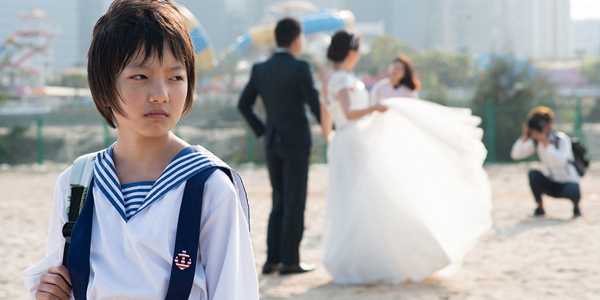
Vivian Qu presents a masterful sophomore effort on the endless cycle of female subjugation in Angels Wear White, which competed at the 2017 Venice Film Festival (and was one of several deserving titles which went home emptyhanded). Marilyn Monroe’s The Seven Year Itch statue provides a masterful and troubling underlying motif in this seaside set tale about two young girls who are sexually assaulted and the compromised witness who doesn’t wish to become embroiled in the dilemma.
#8. Mrs. Hyde/Claire’s Camera
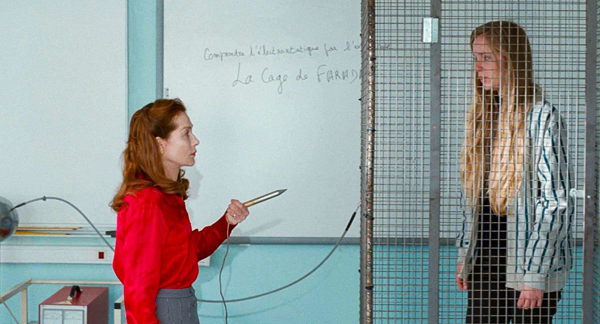
You’d hardly know it unless you were looking out for her, but 2018 has already yielded three theatrical releases stateside for Isabelle Huppert. Along with the 2016 musical Souvenir, Huppert’s second-time collaborations with Serge Bozon and Hong Sang-soo both found their ways to our shores. While Huppert won Best Actress out of Locarno for Mrs. Hyde and received warm notices for her self-aware turn in the Cannes set Claire’s Camera, neither title is quite as meaty as her previous efforts with both directors (2013’s Tip Top and 2012’s In Another Country, respectively). And yet, these are both meaningful and effervescent bon mots which are not to be missed.
#7. Let the Sunshine In
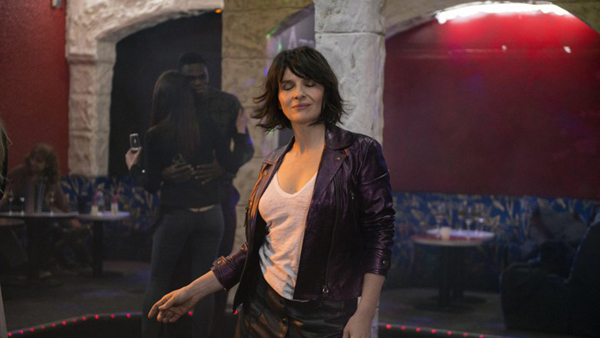
Claire Denis tries her hand at romantic comedy…sort of. Effervescently calibrated, festival titled Bright Sunshine In drinks Binoche in at every frame, and DP Agnes Godard positions her in tight close-ups which not only accentuate her beauty, but a myriad of emotions ranging from boredom to raging, throbbing insecurity.
#6. Hereditary
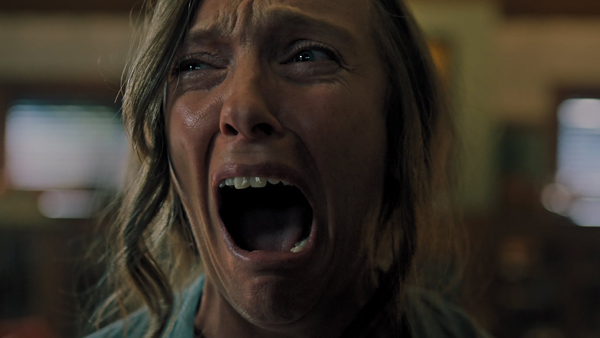
The only directorial debut on the list is Ari Aster’s highly touted Hereditary, which is easily the best American horror film made in years. Aster fashions his narrative strokes into an evocative juxtaposition of intergenerational conflicts with increasingly unnerving elements of terror, glued together by a phenomenal performance by Toni Collette as a grief-stricken mother.
#5. Where is Kyra?
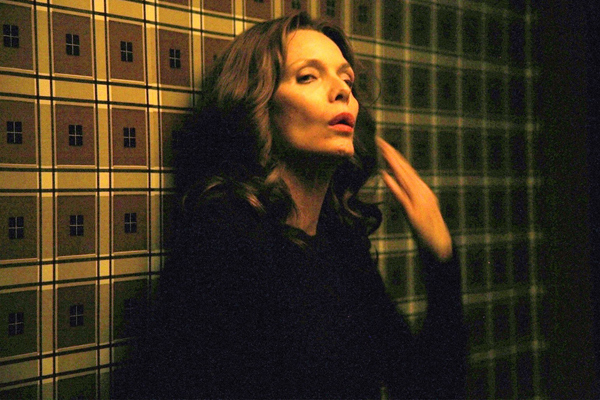
The most neglected theatrical release of the year would be Andrew Dosunmu’s masterful third feature Where is Kyra? Stylistically, this is the sort of visualization of alienation and the dissolution of identity one would attribute to the major works of Antonioni, and Pfeiffer’s Kyra plays like a relation to the Monica Vitti character of Red Desert (1964).
#4. You Were Never Really Here
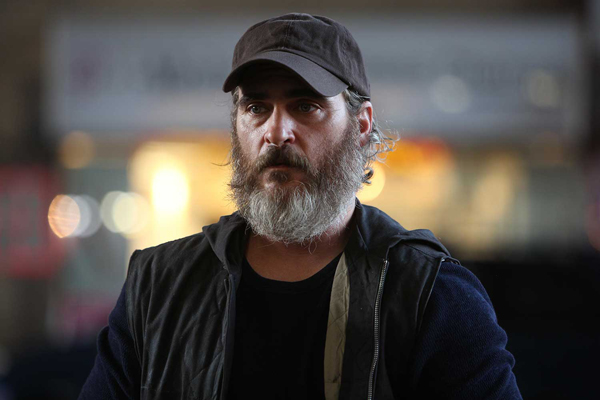
Evoking a Joyce Carol Oates rhythm of a war veteran who’s been suffering from PTSD symptoms since childhood and since morphed into a violently inclined assassin/enforcer, Ramsay streamlines B-genre narrative tropes into an efficient and emotionally potent psychological portrait which recalls the woozy style of Nicolas Winding Refn’s Drive (2011) remixed with Paul Schrader’s 1979 Hardcore. Building on the nostalgic essence of the oft mimicked era of New American Cinema, this mostly dialogue free exercise is laced with themes of awakening and atonement in a fretful world filled with pain, heartache, and the ultimate reality of our expendability.
#3. Hannah
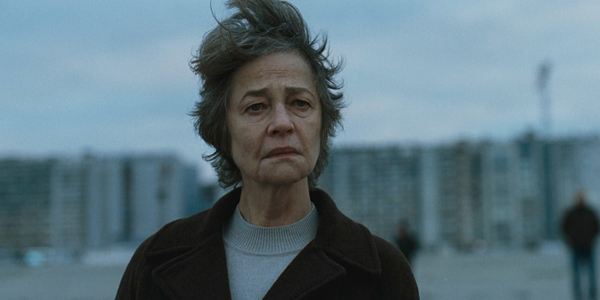
If Virginia Woolf had bothered to write Clarissa Dalloway as the wife of an incarcerated felon, she might have looked something like Rampling’s Hannah. A subway performer crooning Bowie’s “Modern Love” almost seems excoriatingly cruel in one of the film’s only diegetic musical moments, as Hannah waits, in what eventually seems Sisyphean fashion, to be transported back to a life she’s forgotten how to live.
While we’re used to seeing Rampling in various states of physical repose, the performer bares all once more, and on multiple levels. It’s rare we’ve seen her so raw and vulnerable, as evidenced by the besmirched hysteria of a crying jag in a public restroom. Like several of her late career calling cards, including Francois Ozon’s Under the Sand (2000) and Andrew Haigh’s 45 Years (2015), Rampling is once again suffering from the absence (whether emotional or physical) of her husband, left to trudge onwards in isolation
#2. Zama
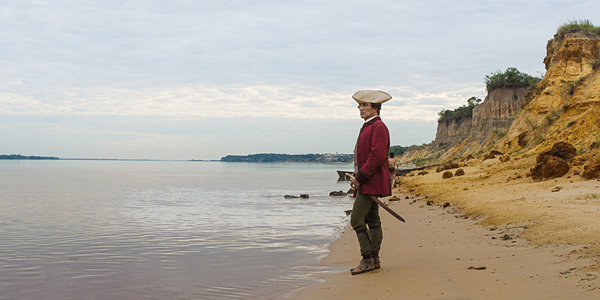
Narratively speaking, Zama feels related to plenty of similarly themed desperate scenarios centered on government officials struggling to escape from a culture they’re charged with suppressing. Whether it’s the Portuguese soldiers in the recent Conrad adaptation An Outpost of Progress (2016) or even this year’s Joaquim from Marcelo Gomes, which delivers a similarly designed central character as it relates the partial (if equally idiosyncratic) history of local Brazilian hero Joaquim Jose da Silva Xavier, these are protagonists desperate to be anywhere rather than the toxic station they’re assigned.
If arguably easier to ingest than some of Martel’s past offerings, Zama is no less stylized, as we experience alongside the protagonist, the deadly, leeching act of waiting. However, Martel’s film is filled with episodic bits of distraction, many which drives this quickly darkening scenario into the land of the ludicrous and Kafkaesque. Martel conveys a world of stagnating humans against a backdrop of lush, overpowering landscape. Wigs are flopped on with unceremonious zeal, and DP Pocas Rui (The Ornithologist; Tabu) once again proves a master at capturing colonializing humans as they mar their pristine landscapes.
#1. First Reformed
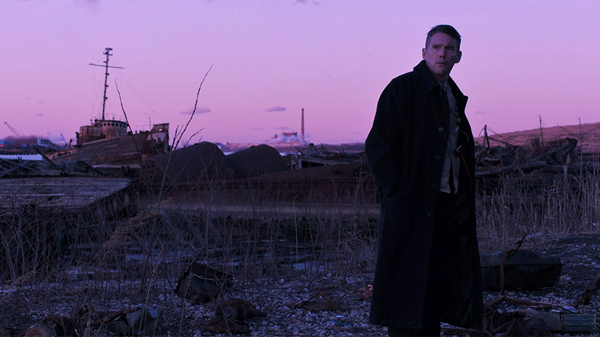
Examining despair and isolation as the transportive conduits into temptation and eventual extremism, Schrader maximizes the effectiveness of Ethan Hawke as his tragic central figure to a degree no director has perhaps accomplished with the performer before, or with such bleak fervor. Unfolding with a cold, estranging precision, Schrader slips imperceptibly into emotional overdrive in its breathless final moments with a climax as poignant as it is unforgettably troubling.


